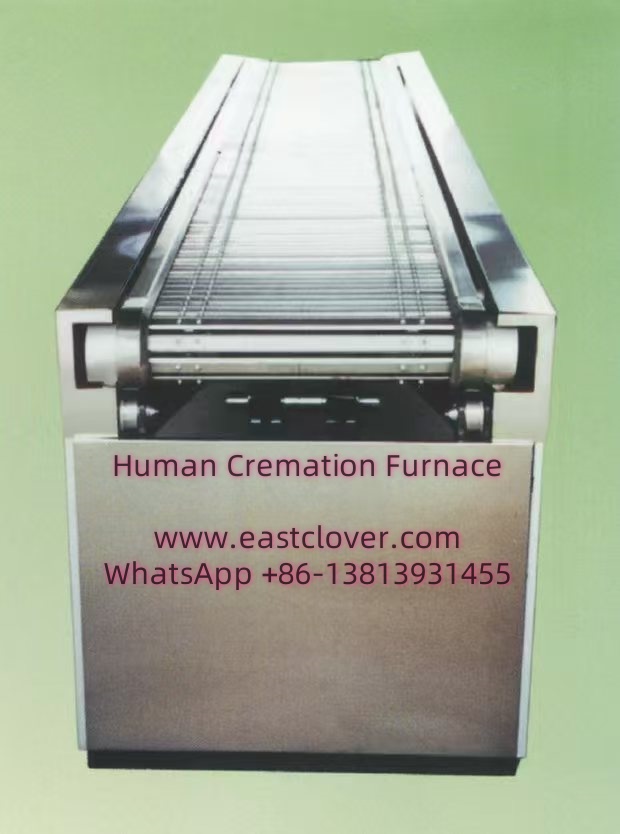Addressing Nigeria’s Waste Management Crisis
Nigeria, Africa’s most populous nation, faces a growing waste management crisis. Rapid urbanization, inadequate infrastructure, and population growth have overwhelmed existing systems, leading to widespread environmental degradation and public health risks. Over 70% of municipal waste in Nigeria is improperly disposed of, clogging drains, polluting waterways, and fostering disease vectors. Traditional solutions, such as landfills and stationary incinerators, have proven insufficient due to high costs, land scarcity, and logistical challenges. A scalable, flexible, and cost-effective alternative is urgently needed—enter mobile container incinerators.
What Are Mobile Container Incinerators?
Mobile container incinerators are compact, portable units designed for on-site waste combustion. Housed within shipping containers or trailer-mounted systems, they can be rapidly deployed to urban centers, rural areas, disaster zones, or temporary settlements. These systems utilize controlled high-temperature combustion to safely reduce waste volume by up to 90%, converting organic and inorganic materials into sterile ash. Advanced models integrate pollution control technologies, such as scrubbers and filters, to minimize emissions and comply with environmental standards.
- Portability: Mounted on trucks or trailers for easy relocation.
- Customization: Tailored to handle municipal, medical, or agricultural waste.
- Energy Recovery: Some models capture heat for electricity generation or industrial use.
Benefits for Nigeria’s Waste Landscape
Scalability and Flexibility
Mobile units can be deployed to hotspots like markets, refugee camps, or peri-urban slums, addressing localized waste surges without requiring permanent infrastructure. Their modular design allows multiple units to operate in tandem, scaling up or down as needed.
Cost-Effectiveness
With lower upfront costs than landfills or fixed incinerators, mobile systems reduce reliance on costly waste transportation. Local governments can lease units or adopt pay-per-use models, easing budgetary constraints.
Environmental and Health Protection
By eliminating open dumping and burning, these incinerators reduce groundwater contamination, air pollution, and disease spread. Emission controls ensure compliance with global air quality standards, mitigating climate impact.
Implementation Strategies
To maximize impact, Nigeria must adopt a phased approach:
- Pilot Programs: Test units in cities like Lagos or Kano to demonstrate efficacy and build public trust.
- Public-Private Partnerships (PPPs): Collaborate with firms for financing, maintenance, and operation.
- Community Engagement: Train local operators and educate communities on waste segregation.
- Policy Integration: Update regulations to incentivize adoption and enforce emission standards.
Challenges and Mitigation
While promising, mobile incinerators face hurdles:
- Initial Costs: Seek international grants or green financing mechanisms.
- Technical Expertise: Invest in training programs with manufacturers.
- Perception Issues: Address concerns about incineration through transparency and emission data sharing.
www.southclover.com
Mobile container incinerators offer Nigeria a pragmatic, scalable pathway to tackle its waste crisis. Their portability, affordability, and environmental safeguards align with the nation’s need for adaptable solutions. By integrating this technology with policy reform and community participation, Nigeria can transform its waste management landscape, protecting public health while fostering sustainable development.
FAQs
- How much do mobile incinerators cost?
- Prices vary by capacity and features, ranging from $50,000 to $500,000. Leasing options reduce upfront barriers.
- Do they contribute to air pollution?
- Modern units include filters and scrubbers to reduce emissions, meeting WHO and EU standards when properly maintained.
- Can they process medical waste?
- Yes, customized models can safely destroy syringes, PPE, and biohazard materials at high temperatures.
- How quickly can they be deployed?
- Units can be operational within 24–48 hours of arrival, making them ideal for emergency response.
- What waste types are unsuitable?
- Batteries, electronics, and heavy metals require specialized disposal to avoid toxic emissions.

Comments are closed